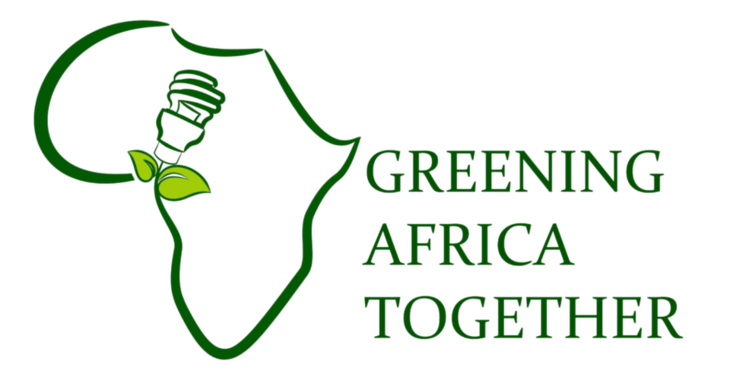BRIQUETTE BIOFUELS FOR KLUI-KLUI PRODUCTION FOR WOMEN ASSOCIATION IN COVE, BENIN
Donate
COMPENSATE CO2
DESCRIPTION
climate action
sdg’S
FINANCIAL NEEDS
PROJECT ACTORS
PROJECT CONTACT
PROJECT OVERVIEW:
Valorization of agro-residues for biofuel production by Women Groups in Covè: reduction of green house gas effects
The production of klui–klui from peanuts consumes an enormous amount of energy from wood. Due to the negative impact on our environment, this should no longer be continued. So, this project aims to valorize agricultural waste (peanut shells) inf the production of briquettes, which are an alternative energy source for frying klui–klui and are locally available, affordable and environmentally friendly.
DESCRIPTION
- The main activity of the women in the community is the production of peanut sticks (locally called klui-klui) and vegetable oil. This production requires a lot of energy and currently depends on the use of firewood, which comes from the nearest forest and tree plantations in the area. This leads to massive deforestation and, in addition, to health problems due to the inefficient and unhealthy combustion of this firewood.
- To improve the situation, this project aims to develop an alternative and cleaner source of energy for these activities. The availability of peanut shells and rice husks in the region provides a good source of agricultural waste that can be used to make briquettes. However, currently these agricultural wastes are not used in an energy cycle, but are directly burned, which generates more CO2 and thus pollutes the environment. Therefore, the objectives of this project are:
- Produce biofuel briquettes from peanut shells and rice husks
- Provide improved stoves for more efficiency and healthier combustion
- Through this project, we will contribute to the reduction of deforestation and CO2 emissions and improve women‘s health and working conditions.
GATo students have completed an internship where they learnt how to produce the fuel briquettes
SDG’S

Climate Action
- Avoidance of deforestation
- Reducing pollution and greenhouse gas emissions by providing a clean cooking solution
- Use of green energy
- Access to water
- Increasing biodiversity
- Creation of income
- Empowerment of women


No Poverty
Support of the women’s daily activities with energy
Good Health and WellImprovement of the well-Being
of the women by the use of improves stoves and cleaner energy source

Gender Quality
Support of the women and inclusion of women in the management of the project

Responsible Consuption and Production
Use of the agricultural waste from the primary agricultural products (peanuts and rice) processing for production 0f biofuel briquettes

Life on Land
Tree protection, reduction of deforestation for cooking purposes and emission of less CO2
FINANCIAL NEEDS

PROJECT ACTORS






Local and other Partner Universities
- UniversityofAbomey-Calavi;(UAC)
- UniversitatPolitecnicadeCatalunya;(UPC)
- TechnischeUniversitätBerlin;(TU)
NGO’s
-
WelfareNGO
-
Educ’écoNGO
-
Solariss-IngNGO
-
GreeningAfricaTogether
STUDENT TEAM

PROJECT CONTACT
Volunteers needed! There Are So Many Ways to Lend a Helping Hand, contact us!

Sonja Karl
M.Sc. Student in Renewable Energy,
TH-Bingen, Germany
International GATo student
Languages: German & English

Gloria Da Matha Sant’Anna
M.Sc. in Bioengineering and food processing,
Local tutor
Languages: French & English
+229 63 28 47 74
GALLERY






Make a Donation for this Project Today
$5
$10
$50
$250
$500
Other
